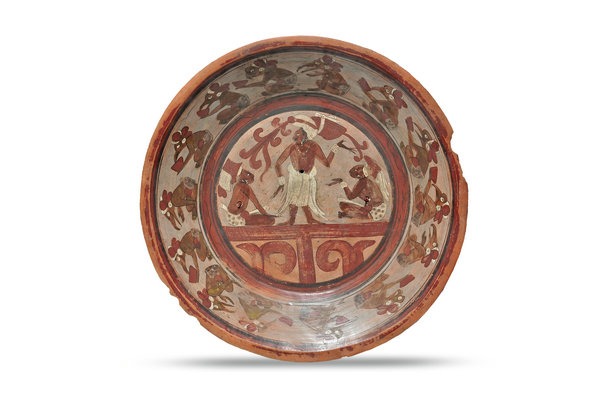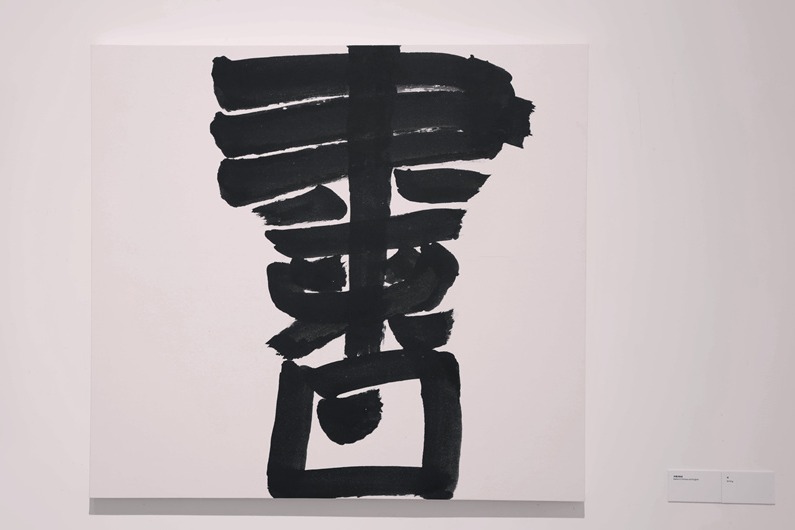Philosopher who spread knowledge to Europe

 Hoyt Cleveland Tillman.CHINA DAILY
Hoyt Cleveland Tillman.CHINA DAILY
Song Dynasty (960-1279) philosopher and Neo-Confucian figure Zhu Xi, revered as Zhuzi, has been serving as a cultural ambassador connecting China and the West beyond his life span.
The term "Neo-Confucianism" was coined by Jesuit missionaries in ancient China to highlight the changes that Zhu and his school of thought made in Confucian thought and culture, according to Hoyt Cleveland Tillman, a historian and sinologist from the United States.
From the late 16th century until the early 19th centuries, Jesuit missionaries played a role in introducing Western culture to China, "while also presenting an idealized view of Chinese governance and culture to the West", Tillman said.
Jesuits introduced some of Zhu's writings and thinking. They shared Zhu's comments about Northern Song Dynasty (960-1127) Neo-Confucianist Zhou Dunyi's writings, including his Diagram of the Supreme Ultimate. This led German philosopher and mathematician Gottfried Leibniz (1646-1716) to look at numbers in new ways, which enabled him to contribute to Western developments in mathematics and become a co-inventor of calculus, he said.
"Thus, Zhuzi contributed to the tides of positive images flowing onto European shores," Tillman said. "An institution with close association with Zhuzi, China's civil service examination system, also inspired Europeans to begin adopting civil service examinations, which were also largely based on cultural knowledge, for their own selection of government officials."
Another example that Tillman gave is Scottish missionary and sinologist James Legge (1815-1897), who in his translations of the Confucian Classics included some footnotes that criticized some points of Confucianism, yet "he basically followed Zhuzi's commentaries on the Four Books and other classics".
"If we look at the history of alternating periods in Western and Chinese receptivity to each other's culture, there are grounds for optimism in both the near and the distant future. Cultural receptivity and communication has alternated between high crests of waves of positive images and low points of retracting backflows amid negative images across cultures," Tillman said.
"Perhaps both Chinese and Westerners can learn what to avoid in cultural interactions from what we find wrong or unfair in some foreign characterizations of our history and culture," he added.
Research show that Zhuzi studies have carried more weight in Asia. Between the 13th and 16th centuries, Zhu's teachings were introduced to Japan, Vietnam and the Korean Peninsula.
During the Ming and Qing dynasties (1368-1911), Chinese immigrants brought Zhu's philosophy to Southeast and South Asian countries such as Singapore, Thailand, Malaysia, and India, infusing his teachings into local cultures.




































